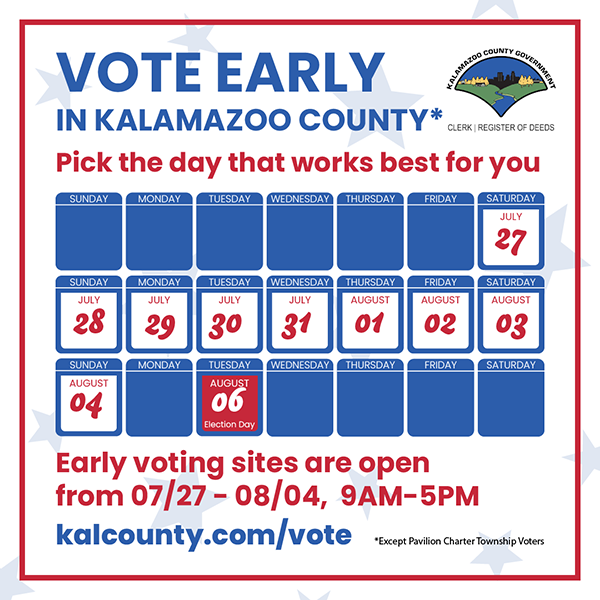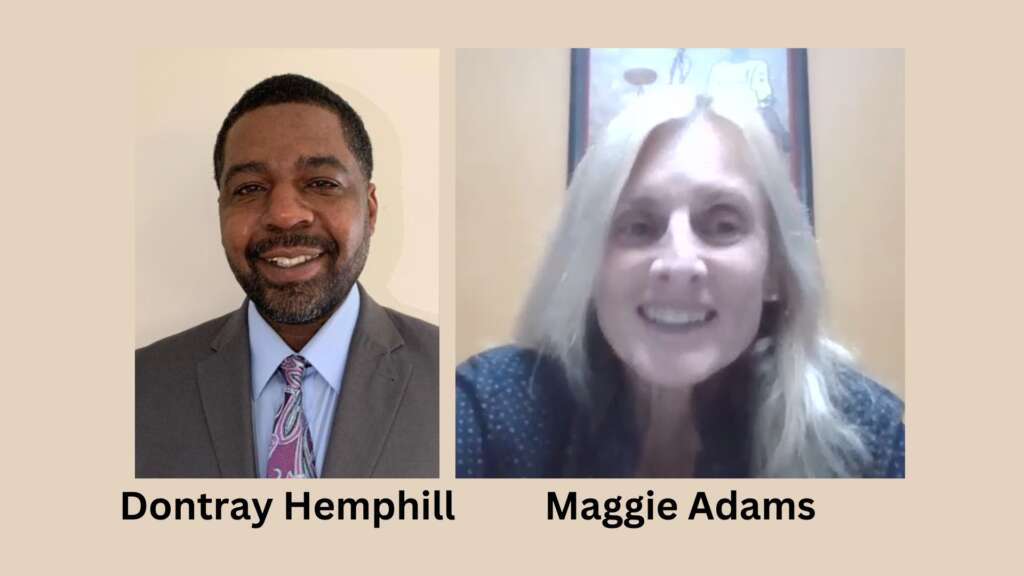 “The haves and the have-nots. The line. The place the people at the bottom are trying to get to, and the place the people at the top are trying to keep from going below. They don’t want to look below it either.” – The Line
“The haves and the have-nots. The line. The place the people at the bottom are trying to get to, and the place the people at the top are trying to keep from going below. They don’t want to look below it either.” – The Line
The Documentary The Line shares stories of four American individuals who live below or at the poverty line. The first was a man who lost his job at a bank and is struggling with three kids in an Illinois suburb. He’s a single dad who went to a great college, graduated with high honors, and then went back to school to become a teacher. After receiving his teaching degree, he could not find a full time or part time job near him. The second is a woman whose sister was shot and killed on the west side of Chicago. She ran a nonprofit that aimed to eliminate the trauma of poverty associated with violence. She talked about the neighborhood children and how they did not see education as necessary since they did not believe they would live past 18 years of age. The third is a fisherman who is struggling following the BP oil spill and Hurricane Katrina. The environment, which he depended on to make a living, after this crisis severely threatened his livelihood. The last is a man who worked at the racetrack for 22 years and never missed a single day of work. After moving to North Carolina, he was unable to find a job, and was left to live in a homeless shelter temporarily until he started working for a non- profit church-based restaurant. He then moved to a single apartment; even though it was a very small one-room apartment, he was beyond grateful for working his way up. However, he did acknowledge how hard it was for upward mobility.
The aim of the film is to show the struggles, reveal the numerous causes of how people fall into poverty and how it prevents them from rising above the poverty line. Uncontrollable changes in the economy, health, and the destruction of the environment play roles in people’s social economic status. The common theme is the working poor are daily trying to survive; however, societal factors and policy keep them trapped in poverty.
We have had discussions time and again in my classes about poverty. The problem seems to be the government and the system. The system will aid in helping those who need assistance temporarily but do not take into consideration how hard it is to find jobs. Too many Legislators have an attitude of “Pull yourself up by your bootstraps.” This attitude suggests if one can work harder, then they will prosper and work their way up the economic ladder. These ideologies are powerful because they have created and perpetuate social problems. The assumptions that poverty exists because a person is a failure and not wanting to be independent are false. The harsh view of personal blame for someone’s economic status if they are working a marginalized job is not fair, especially when it is hard to find another form of employment in this economy. Our policies and laws are created by those who are privileged and seem to only be driven by money and the sad reality of choosing money over people. Inequity feeds poverty by preventing resources from evenly being distributed, especially to single mothers with children. So many organizations like ISAAC strive to challenge social problems and policies like these. I truly believe we can reach out, be heard and influence the decisions of state legislators by showing films like The Line and advocating for reliable and equitable policies.
We would like to extend a special thank you to Dr. Pat Stromsta for facilitating this discussion. Join us at our next Poverty Task Force Meeting as we continue researching and conducting one-on-ones with those community members already engaged in Anti-Poverty work. Next meeting: March 27, 2018, 6:30pm at St. Luke’s.
– Pooja Patel, ISAAC Intern and WMU Social Work Student
 ISAAC
ISAAC





 Ed Genesis is an artist, poet, musician, organizer, entrepreneur, and community leader. Born and raised in Gary, Indiana and moved to Kalamazoo, Michigan permanently in his early 20’s, his love of art/music, his passion for his people and community, and his gift of creativity are evident in all areas of his work. In October 2018 Ed Genesis released a song to accompany the campaign he was working on around school push out, entitled Junior High, which was distributed nationwide including on his own iHeart radio station, Spotify, and iTunes.
Ed Genesis is an artist, poet, musician, organizer, entrepreneur, and community leader. Born and raised in Gary, Indiana and moved to Kalamazoo, Michigan permanently in his early 20’s, his love of art/music, his passion for his people and community, and his gift of creativity are evident in all areas of his work. In October 2018 Ed Genesis released a song to accompany the campaign he was working on around school push out, entitled Junior High, which was distributed nationwide including on his own iHeart radio station, Spotify, and iTunes.